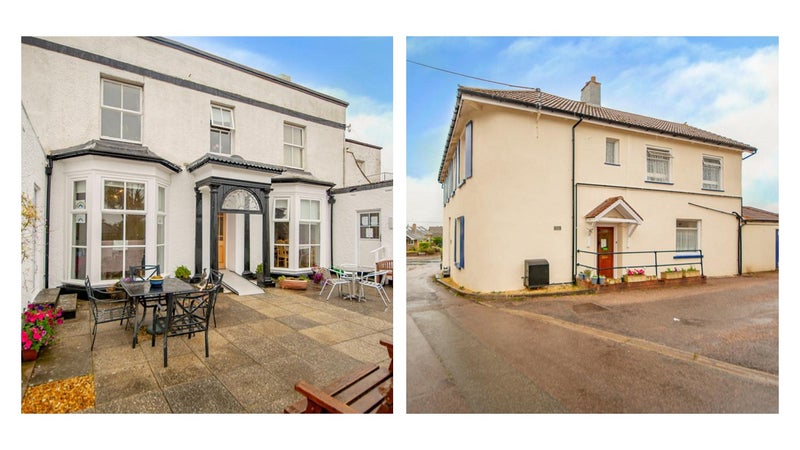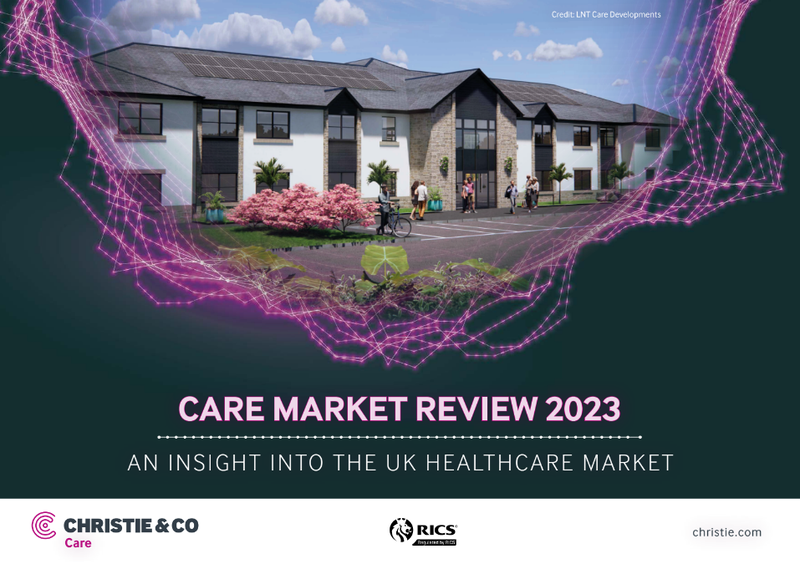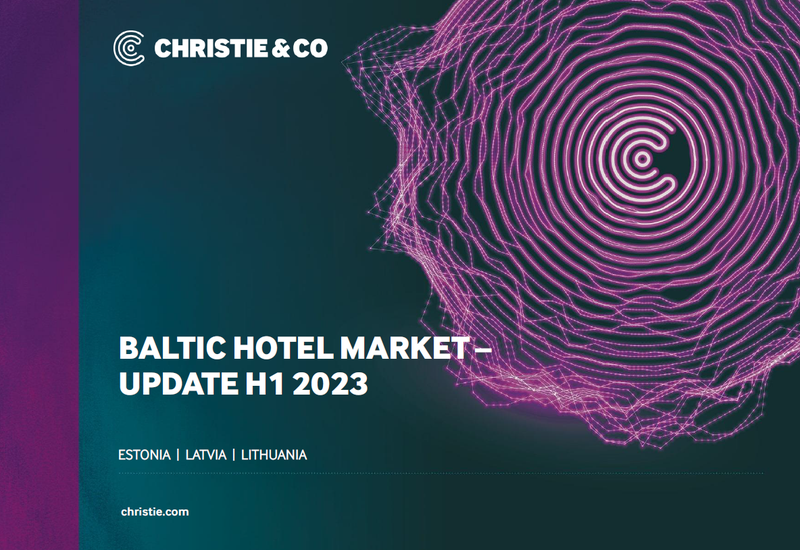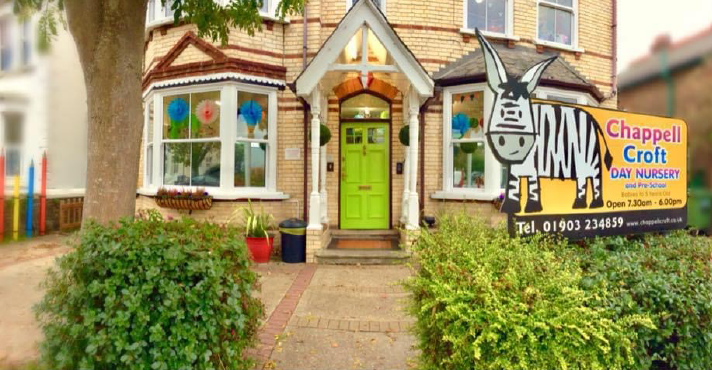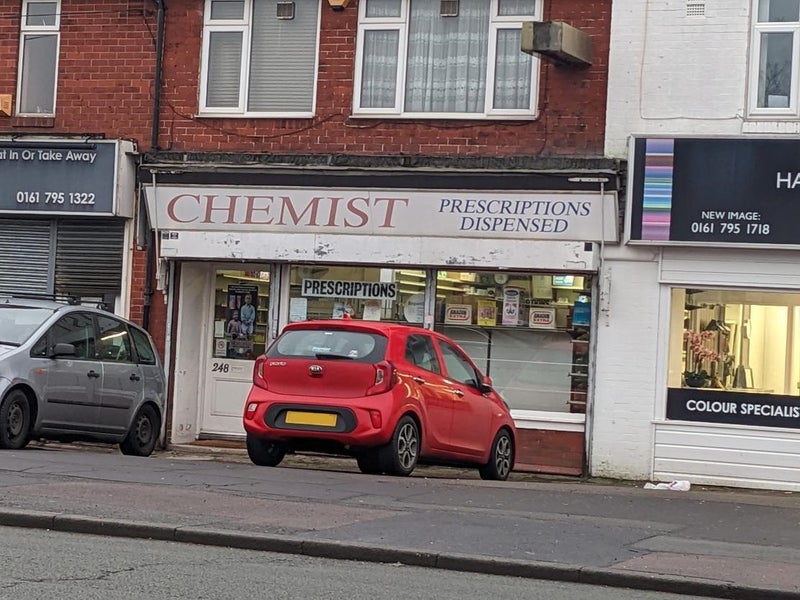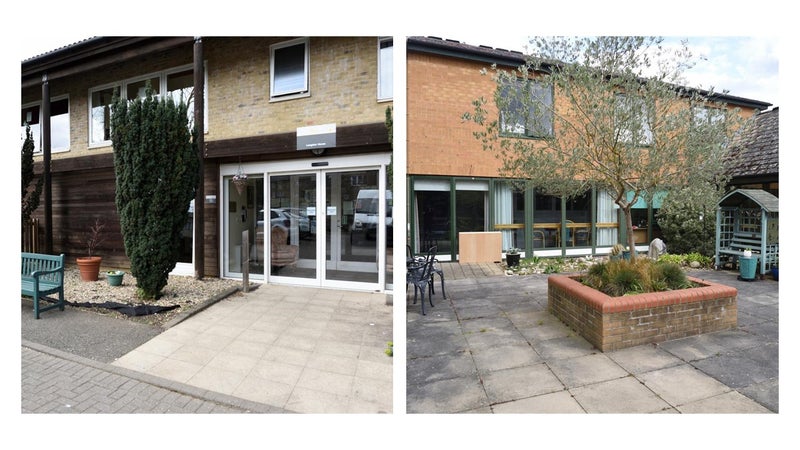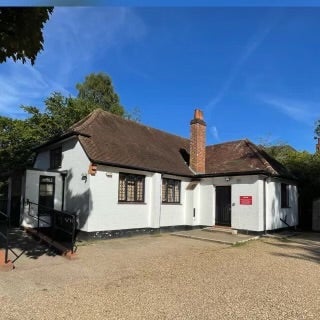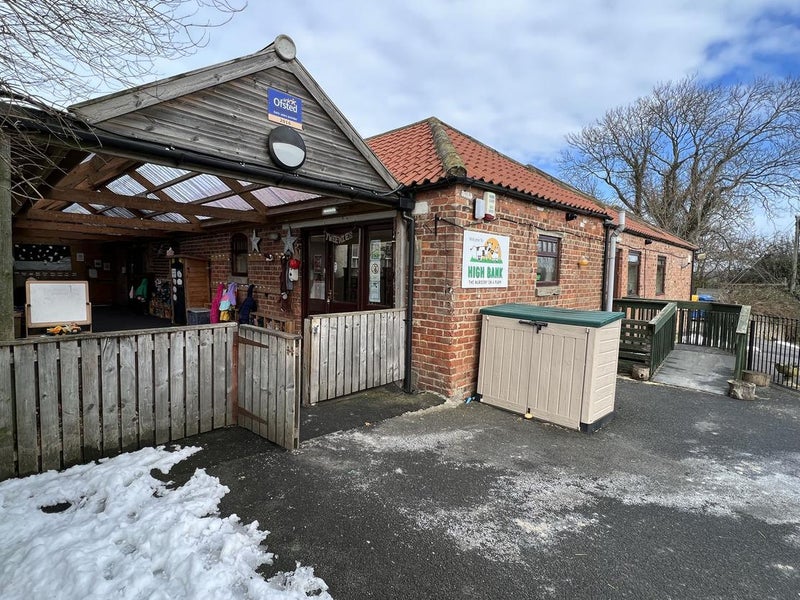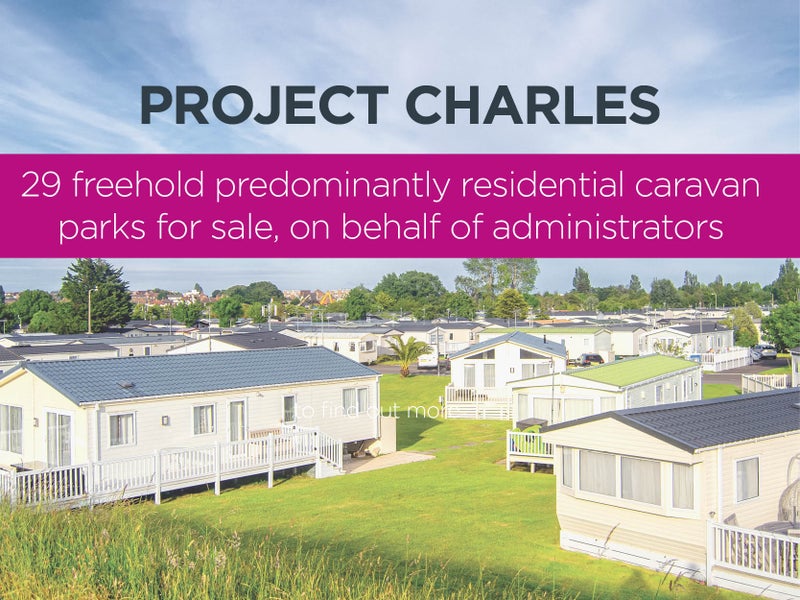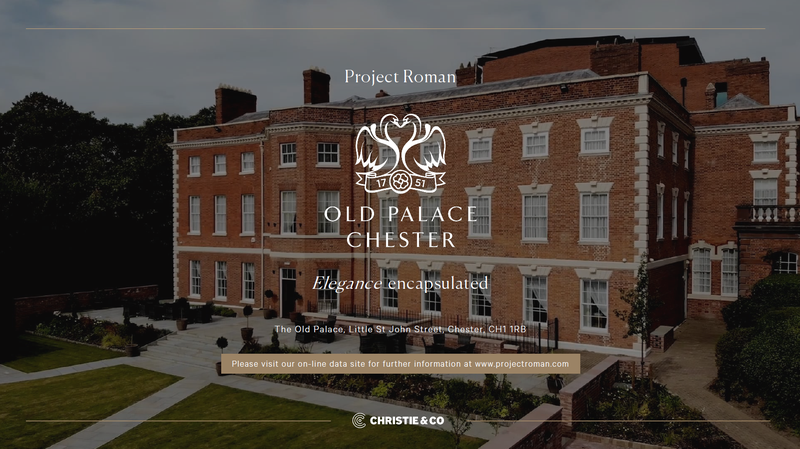CEE hotel market: Are Prague, Bratislava and Budapest back on track?
General market news
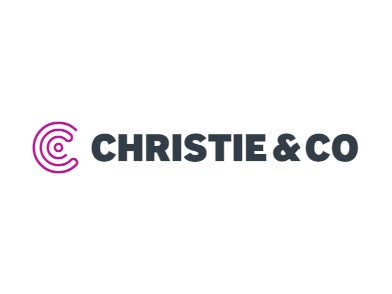
After a few years in the doldrums, the hotel market in Central and Eastern Europe (CEE) is starting to heat up as investors are seeing opportunities in Prague, Bratislava and Budapest.
A new report by Europe’s leading broker and hotel property adviser Christie + Co, in co-operation with STR Global, the leading provider of market information to the global hotel industry, provides a snapshot of these markets, focusing on historical trends and future outlook.
Lukas Hochedlinger, Managing Director of Austria & CEE at Christie + Co, says: “Central and Eastern Europe has in the past been the ‘growth engine’ and most promising market of Europe, but was regarded as the continent’s least attractive place for hotel investments at a later stage. Needless to say, the CEE hotel market has undergone a volatile development over the past ten years, bearing risks but more importantly opportunities.”
As the market report by Christie + Co reveals, all three cities were able to register stronger demand in 2014 than ten years ago and Budapest even witnessed annual growth figures close to ten per cent in overnight stays over the last five years. Hochedlinger adds: “As a result, international investors are starting to enter these markets again and although they remain cautious, the CEE is back in business.”
“In comparison to Europe’s top hotel markets, the selected CEE capitals still have room to develop, and the performance of all three markets show an upward trend. The data from STR Global suggests that Prague is the best performing city in the CEE hotel market; latest figures show room occupancy of 71.2 per cent for the overall market, which is an increase of 3.2 per cent compared to the previous twelve months. In terms of ADR, Prague achieved €73.3, resulting in a RevPAR of €52.2.”
“The hotel market in Budapest recorded a remarkable improvement over a course of a year, albeit from a low starting point. Room occupancy grew by 10.4 per cent year-on-year to 66 per cent. With an ADR of €60.12 (+5.8 per cent) Budapest hotels were able to increase RevPAR by 16.8 per cent, thanks to a strong first quarter of 2015. While RevPAR was below European average with €39.7, it is still the best result since the crisis.”
“Parallel to Budapest, Bratislava accounted for an impressive performance improvement over the last 12 months, following a weak first quarter of 2014. While ADR only grew by 1.0 per cent, room occupancy increased by 11.5 per cent, leading to a growth in RevPAR of 12.6 per cent. In absolute numbers, this resulted in an occupancy rate of 53.0 per cent, an ADR of €59.3 and a RevPAR of €31.4, rendering the Bratislava hotel market still one of the weakest in Europe.”
Hochedlinger concludes: “The CEE market is very much open for business and at Christie + Co we have seen an increase in interest from investors looking for well placed, and well timed opportunities in the market.”


